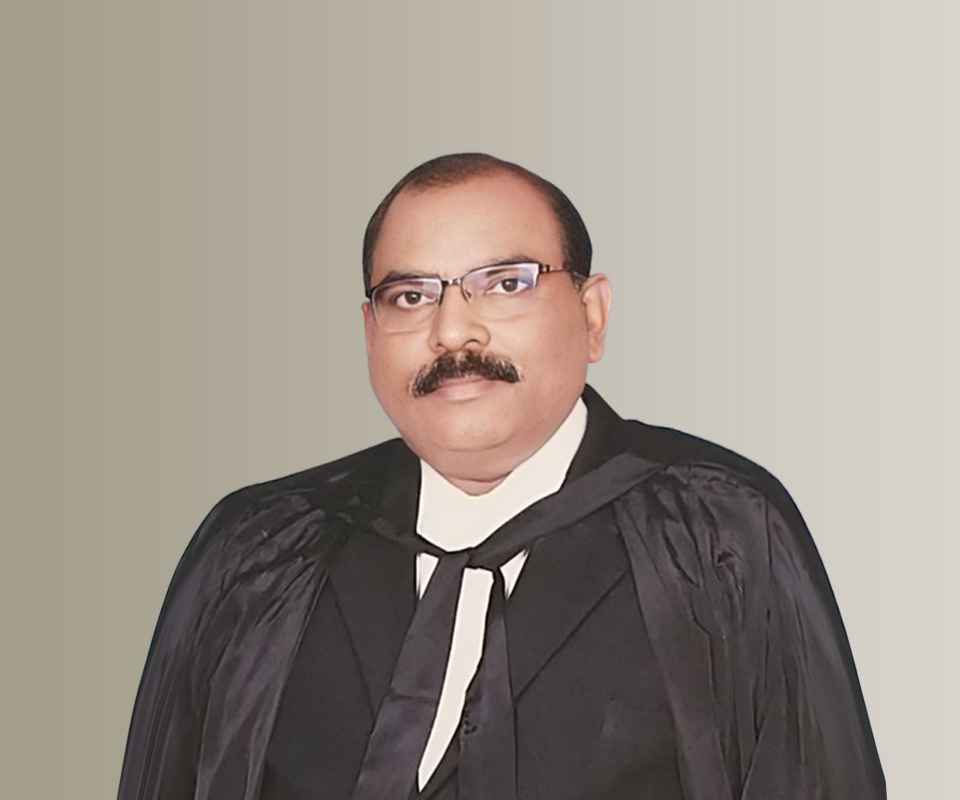Answer By law4u team
Bharatiya Nagarik Suraksha Sanhita, 2023 - Section 271: Acquittal or Conviction
(1) If, in any case under this Chapter in which a charge has been framed, the Magistrate finds the accused not guilty, he shall record an order of acquittal.
(2) Where, in any case under this Chapter, the Magistrate finds the accused guilty, but does not proceed in accordance with the provisions of section 364 or section 401, he shall, after hearing the accused on the question of sentence, pass sentence upon him according to law.
(3) Where, in any case under this Chapter, a previous conviction is charged under the provisions of sub-section (7) of section 234 and the accused does not admit that he has been previously convicted as alleged in the charge, the Magistrate may, after he has convicted the said accused, take evidence in respect of the alleged previous conviction, and shall record a finding thereon:
Provided that no such charge shall be read out by the Magistrate nor shall the accused be asked to plead thereto nor shall the previous conviction be referred to by the prosecution or in any evidence adduced by it, unless and until the accused has been convicted under sub-section (2).
Brefe Detail
Section 271 of the Bharatiya Nagarik Suraksha Sanhita outlines the procedures for acquittal and conviction of the accused. It specifies conditions under which a Magistrate must acquit or convict an accused and addresses the handling of previous convictions in relation to new charges.
Question & Answers
What happens if the Magistrate finds the accused not guilty?
The Magistrate shall record an order of acquittal.
What is the procedure if the Magistrate finds the accused guilty?
The Magistrate shall hear the accused on the question of sentence and then pass sentence according to law.
How does the Magistrate handle previous convictions?
If a previous conviction is charged and the accused does not admit it, the Magistrate may take evidence regarding the alleged previous conviction after convicting the accused, but not before.
Can previous convictions be mentioned before the accused is convicted?
No, previous convictions cannot be read out or referred to until after the accused has been convicted.
Example
1. Acquittal: If an accused is charged with theft and the evidence shows they were not present at the crime scene, the Magistrate would acquit them.
2. Conviction: If an accused is found guilty of fraud, the Magistrate would hear their statement regarding sentencing and impose a lawful sentence.
3. Handling Previous Convictions: If an accused is charged with a new offense and has a prior conviction, the Magistrate will only consider this after a conviction is secured in the current case.
Summary
Section 271 provides clear guidance on the process for acquitting or convicting an accused under the Bharatiya Nagarik Suraksha Sanhita. It emphasizes the necessity of proper procedure, particularly regarding previous convictions, ensuring fairness in the judicial process.







